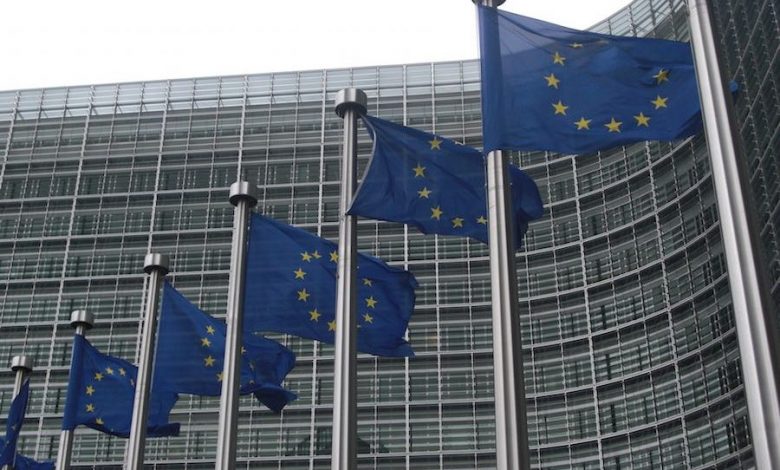European Council agrees ETS scheme for shipping

Environment ministers in the European Council have agreed to include maritime shipping emissions within the scope of the EU emissions trading system (ETS), part of the Fit for 55 package to reduce greenhouse gas emissions by at least 55% by 2030 compared to 1990 levels.
The council agreed to phase in shipping until 2026, accepting the European Commission proposal on the gradual introduction of obligations for shipping companies to surrender allowances for all emissions on trips within the EU and 50% on voyages between EU and non-EU ports for vessels with a gross tonnage of over 5,000 tonnes.
The agreement also included redistributing 3.5% of the ceiling of the auctioned allowances to member states heavily dependent on shipping and proposed transitional measures for small islands, outermost regions, Cyprus, Malta and ice-class vessels.
The European Parliament now has to back these laws. MEPs want to cover 100% of emissions from intra-European routes as of 2024 and 50% of emissions from extra-European routes from and to the EU as of 2024 until the end of 2026. From 2027, emissions from all trips should be covered 100% with possible derogations for non-EU countries, where coverage could be reduced to 50% subject to certain conditions.
Climate activists said ministers failed to deliver, accusing them of watering down the initial proposals.
Europe’s clean transport campaigner, Transport & Environment (T&E), although welcoming the move, warned that “unnecessary exemptions” would undermine the effectiveness of the carbon market and “create an unlevel playing field in the market”.
“The Environment Council has squandered the chance to put the sensible inclusion of shipping into the EU ETS on the table for trilogue negotiations with the Commission and Parliament,” argued Wijnand Stoefs, shipping policy officer at Carbon Market Watch. “The European Parliament position on ETS is very problematic, but at least when it comes to shipping, it is miles ahead of the unambitious and time-wasting Council general approach.”
T&E noted that while member states agreed to start monitoring methane and nitrous oxides from ships, these would not be automatically included in the carbon market yet. It, however, hailed the decision to monitor emissions of some smaller cargo ships, saying that the upcoming negotiations with the European Parliament will be an opportunity to extend this coverage to all vessels between 400 and 5,000 gross tonnage.
The next step is for the parliament, the council and the commission to hammer out a final deal on the shipping ETS that is acceptable to all parties.

THE APPLICATION OF ROAD TAX TO THE INTERNATIONAL SHIPPING CALLING EURO-PORTS BY THE EU GOOFY BEAUROCRATS OF COMPLEXITY FOR NOTHING.
Does ETS stand for “Entry To Surrealism”? In brief, the plan is: Those investing in new “green” technologies get CO2 credits and sell them to those who don’t, and in this way are allowed to pollute by emitting CO2. Consequently, the GHG benefits produced by those investing are wiped out or even reversed by those who are not. By a math expression: “Zero is the Quotient” by a stagnant CO2 balance in the “CO2-trade”. The EU ETS has not been cost-effective and is subsidizing polluters at taxpayers’ expense. The backwash of the repercussions are obvious in the Global Shipping: Market distortions, crookedness, “bending practices” by over-allocation, or miss-allocation of permits, massive windfall profits for energy companies, countermeasures, contortion, leading to a perversion of the function and the structure of competition of the international shipping and the seaborne trades. Besides the ETS undermines other effective climate and emissions control policies.
Road Tax for No Roads.